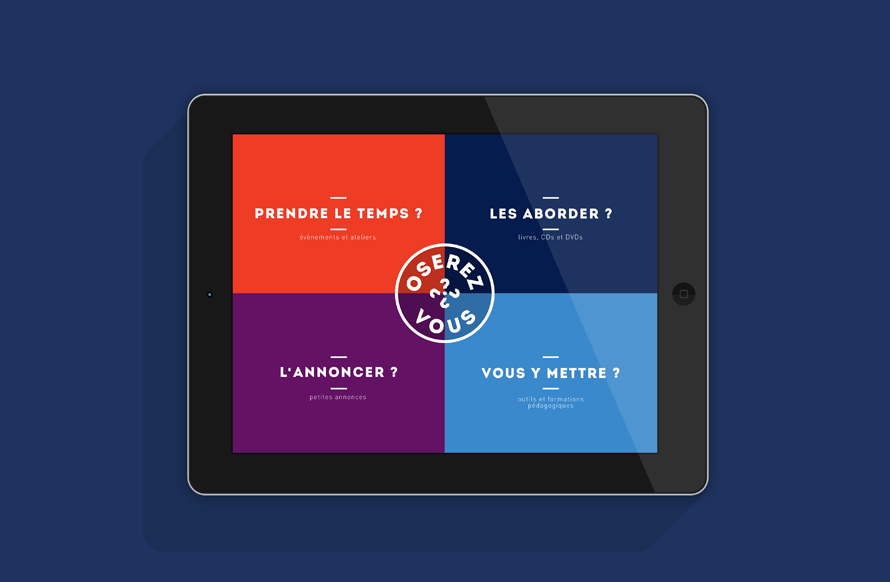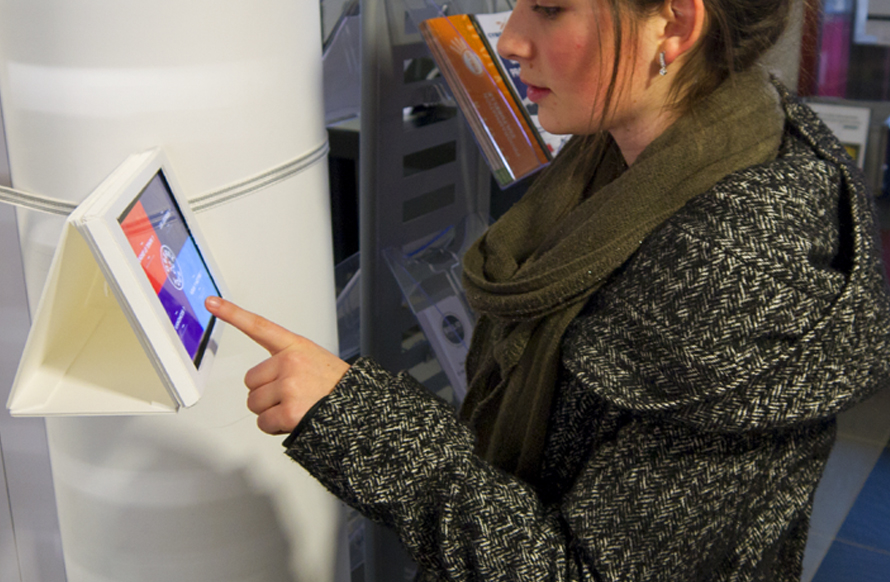The Library of Tomorrow
•
Facing a real decline in the number of visitors and users since the early 2000s, libraries need to innovate to keep on being unique places in the cities. Indeed they are often the only cultural public space which are free and where anyone can go. However, technology is progressively transforming the way we consummate media, from books to music and video. What about imagining new interactions in the libraries which could bring a new value and answer untackled users needs?
Year: 2013
Categories: Design, User Experience, Tool, Ethnography
Cindy Gross – Interaction Designer
Lise Bernard – Industrial Designer

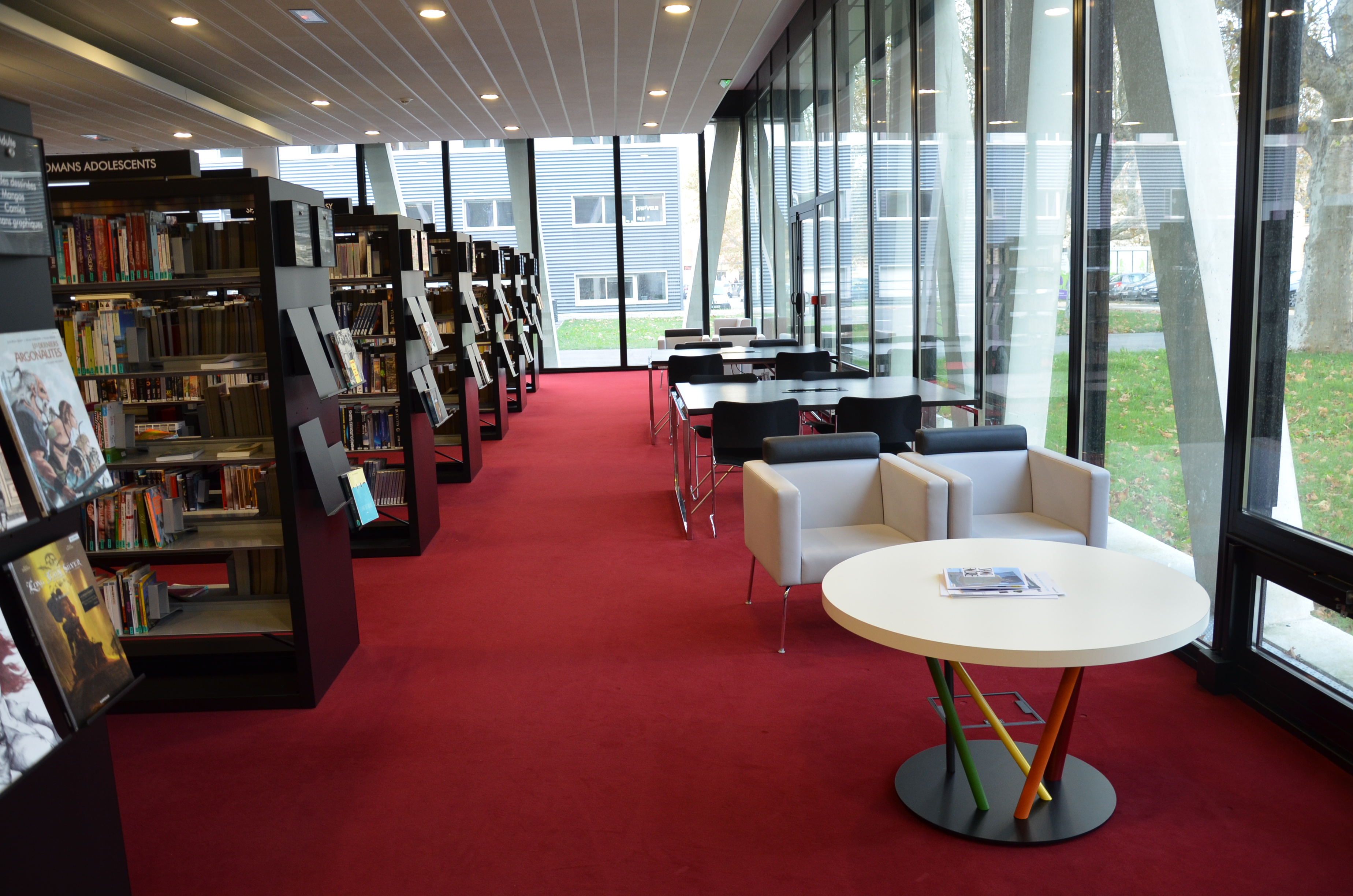
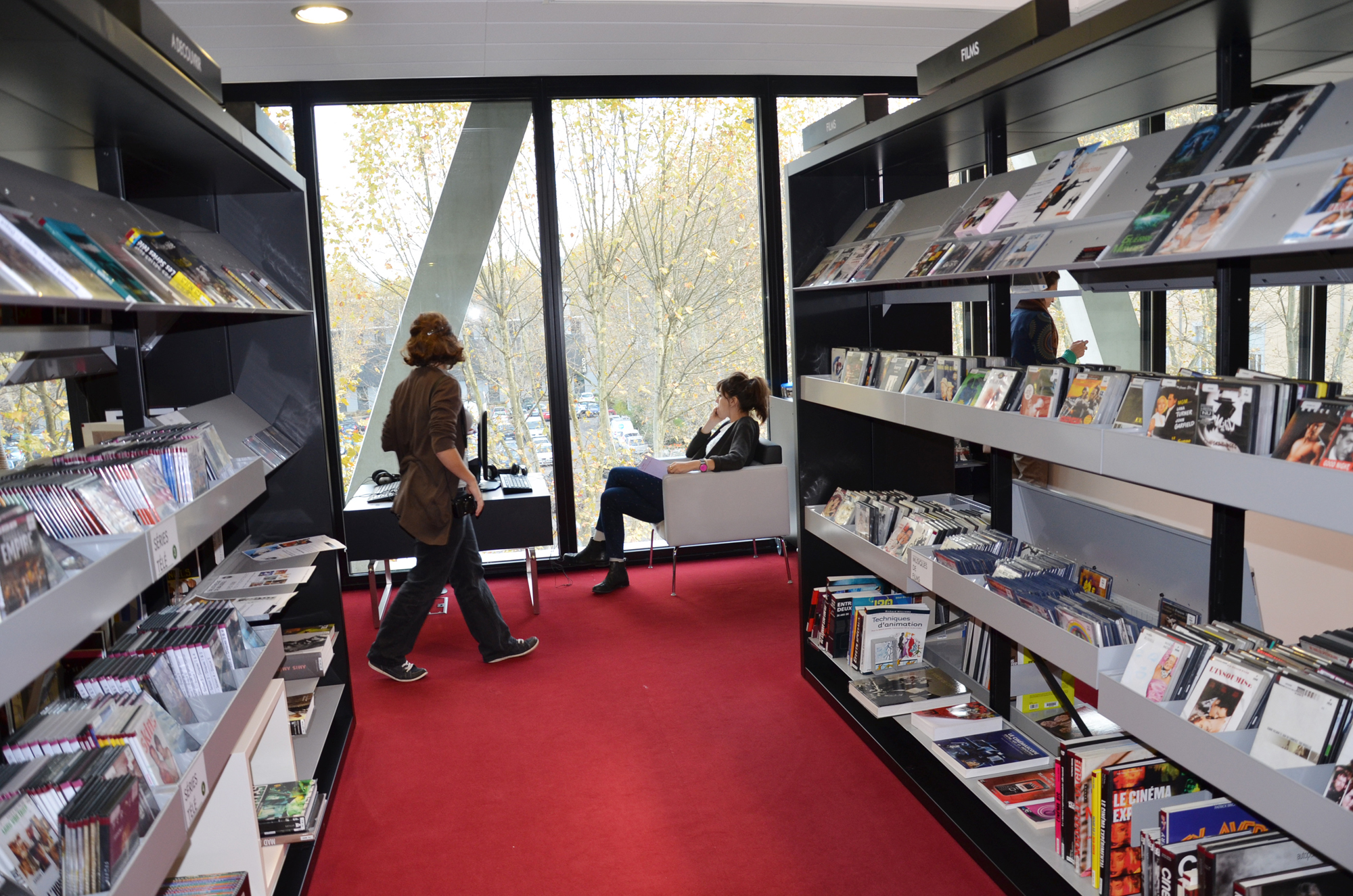
Using ethnographic methods, we started observing users in several libraries, writing about their behaviors and paths from their venue to their leaving. We also interviewed some of them about their habits, what they were coming for, why and what they could lack.
We also interviewed library staff to understand their role, hopes and fears. Librarians were actually afraid and concerned by being replaced by technology. Their role are likely to evolve to respond to new demands, but that doesn’t mean they should disappear.


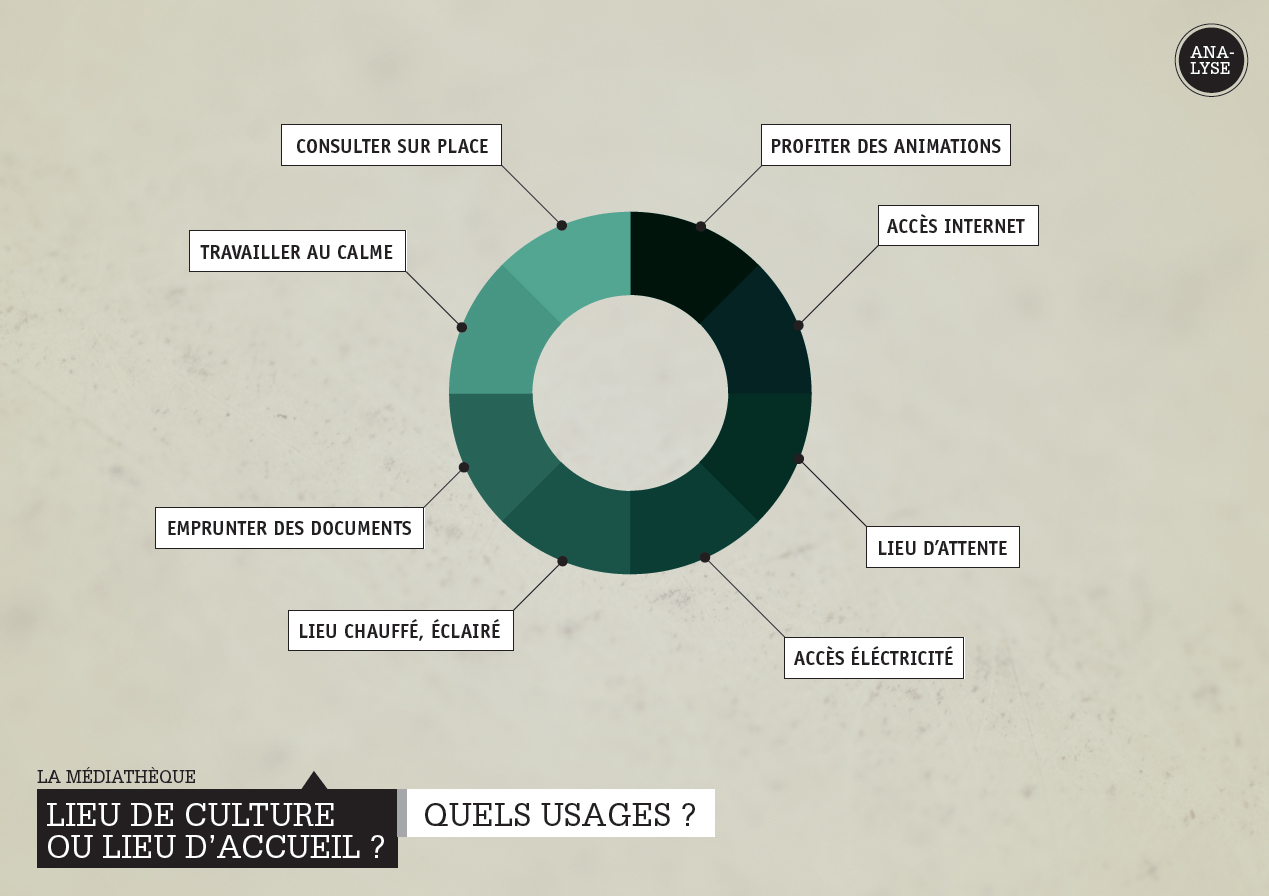
Nowadays, you can go to libraries without interacting at all with any staff. Users can consult online what they want to borrow, using library website or other platforms. And when borrowing they just need to use a machine to do so.
We wanted to shed light on the knowledge of librarians, which are professional and able to advise and to give directions to users depending on their needs and wants. Despite the potential lack of communication within libraries, people are often sensitive to human recommendation.



We therefore tried in a first step to give librarians a voice through dispositives placed everywhere in the library, targeting media they would recommand. Using space in a plaful way was at the center of our idea.
However, when observing the users with our intervention, a large majority didn’t even seem to notice it, or the power of habit was too strong to change their paths to discover new contents. The limited trial time was also an issue.
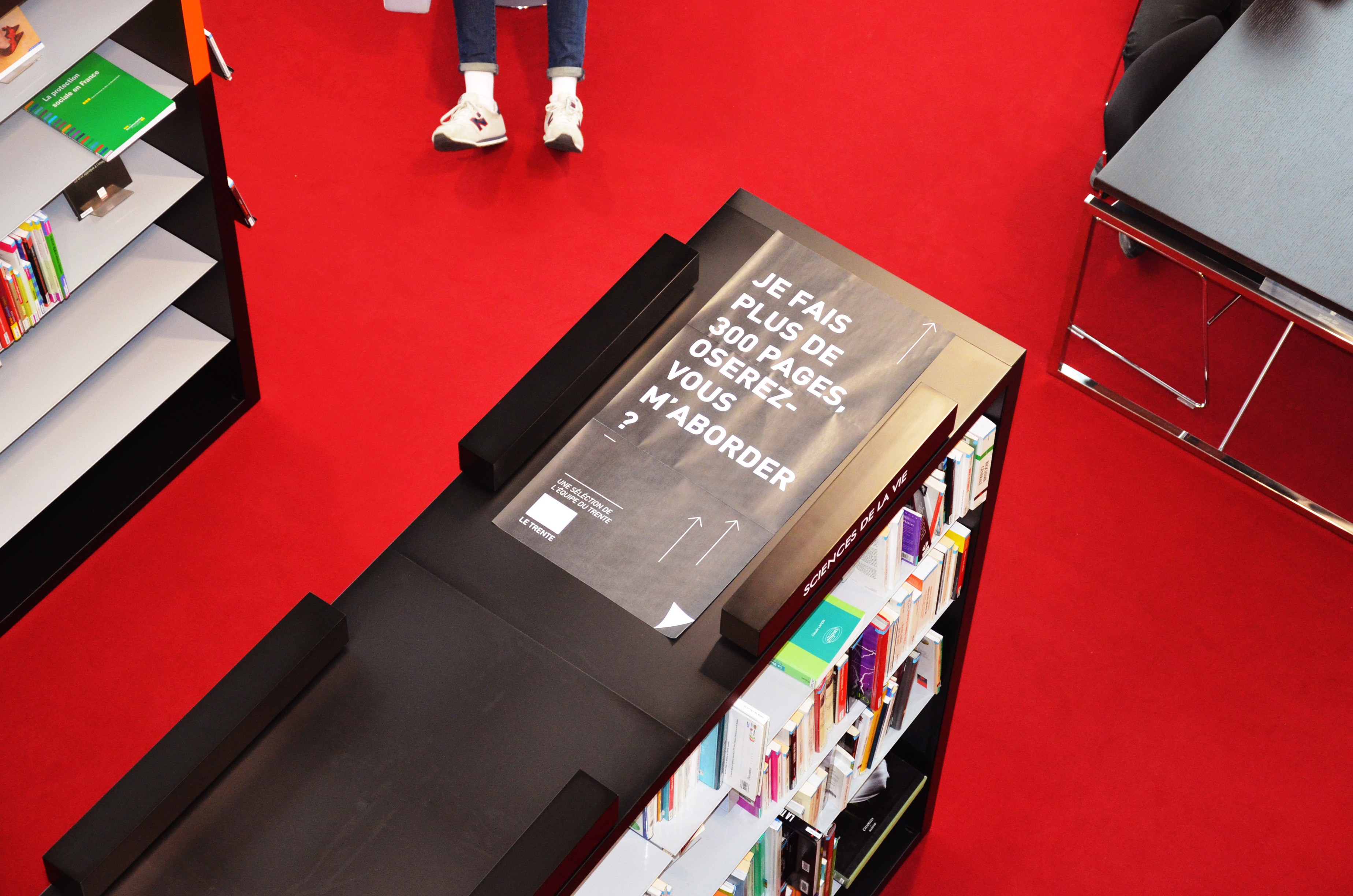

After first experiments, we decided to focus on a better way to connect users and librarians, and users and users.

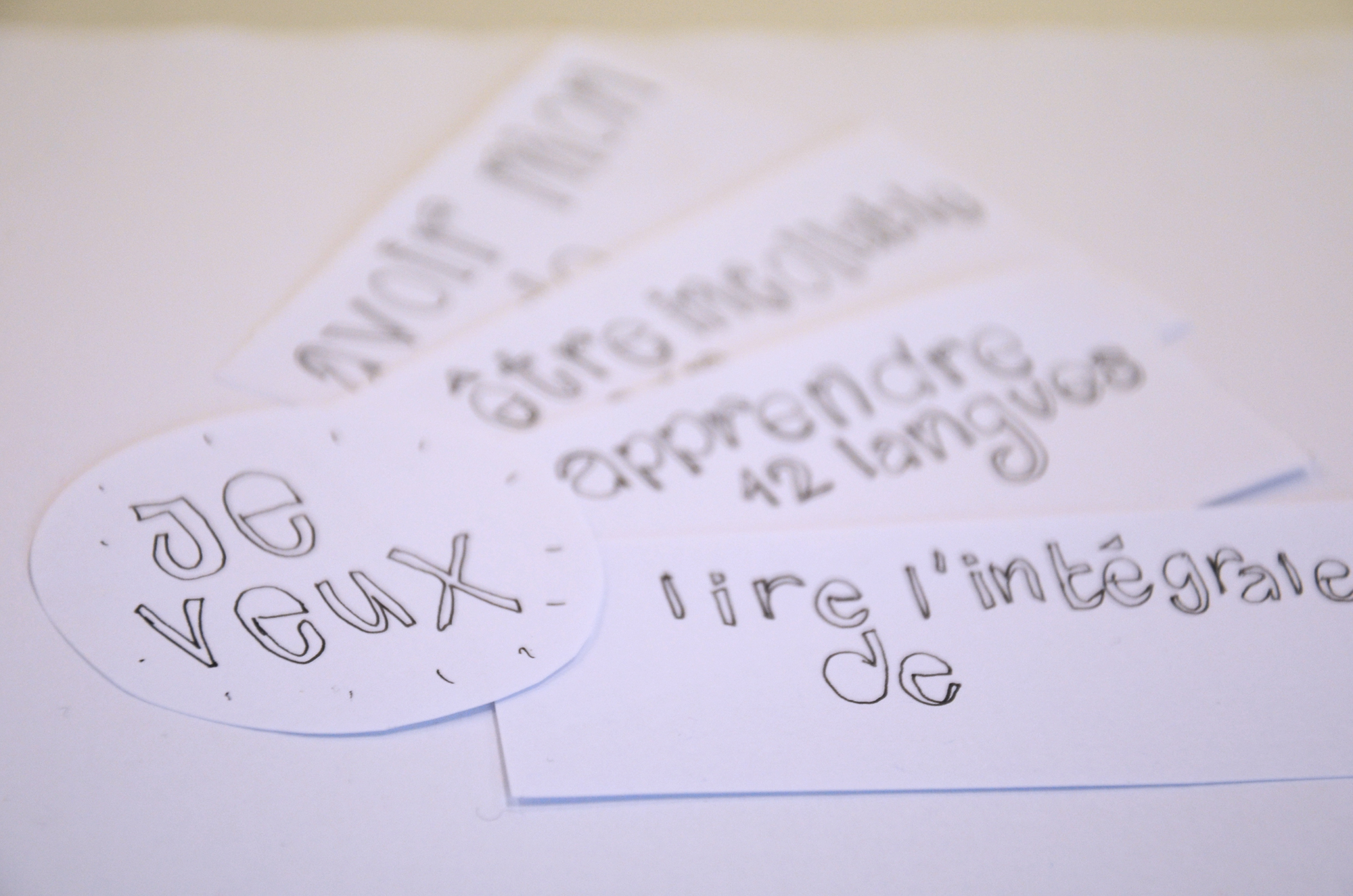
We created an application to initiate discoveries and meetings without having to talk to people in the first place.
The application ‘Oserez-vous ?’ (Will you dare?) suggests 4 different entries using a playful tone. Will you dare to ‘meet them’, to ‘jump into it’, to ‘announce it’ and to ‘take the time’ are the four suggestions we gave to the users. The idea was to suggest in a simple and surprising way to discover workshops, books, music, movies or formations recommended by users and librarians. To reinforce interactions within the library, a small ads service was also provided to invite people sharing their knowledge/skills.
